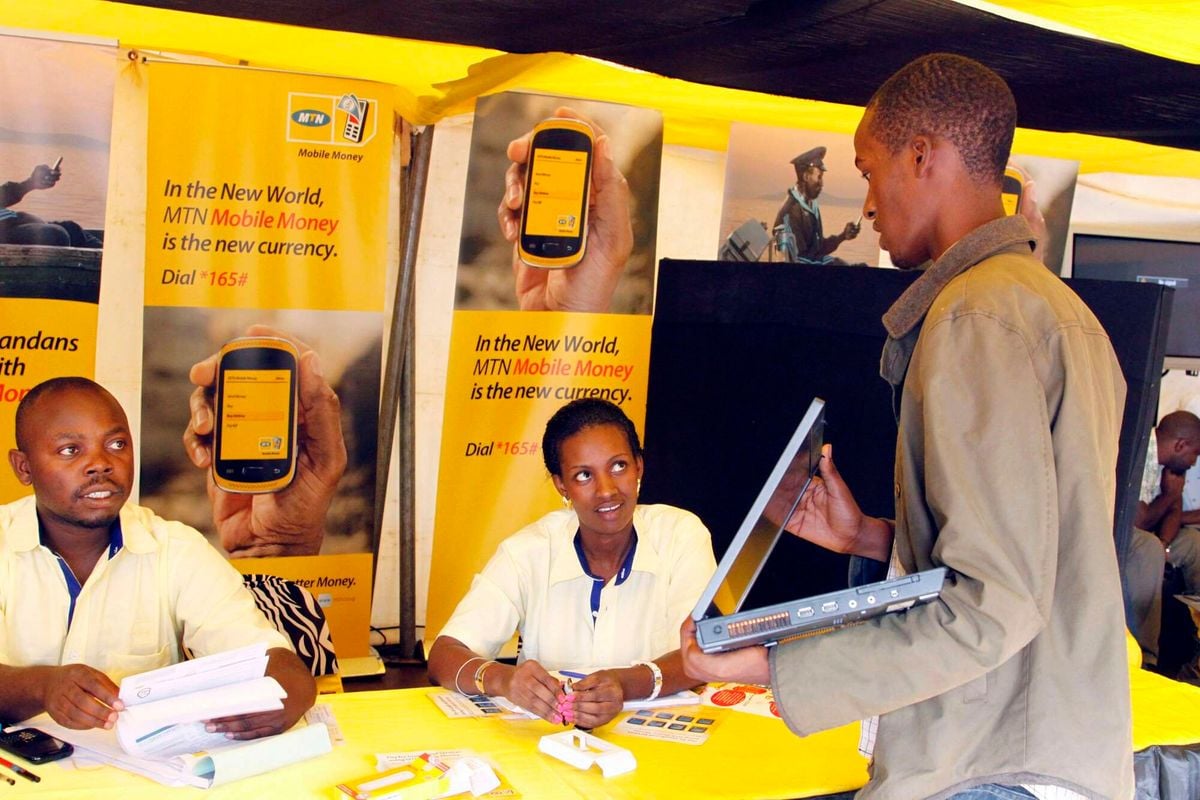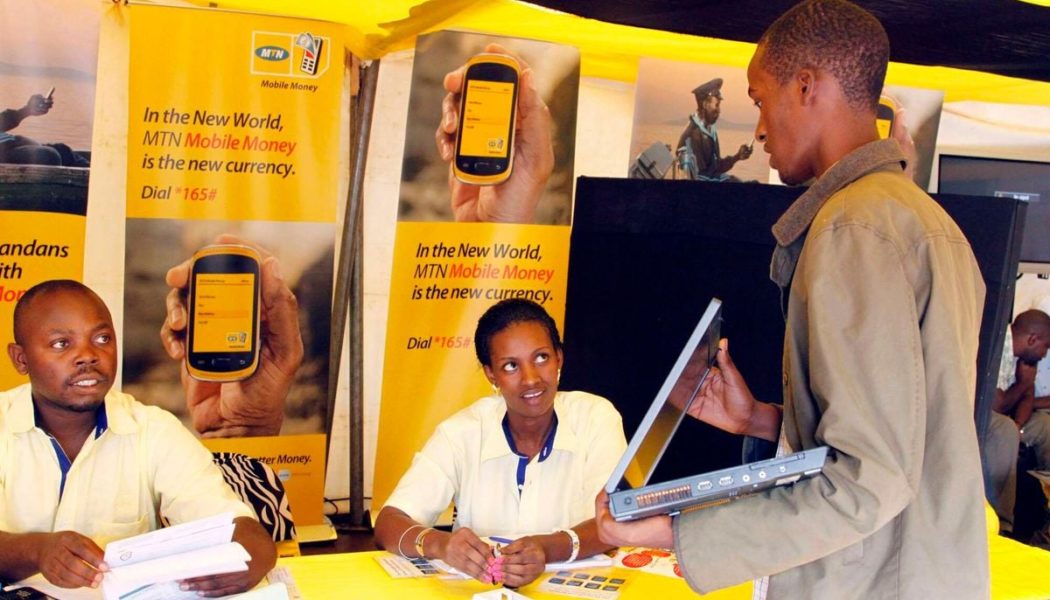
South Africa’s MTN Group has made a new offer to sell 1.57 billion shares in its Ugandan subsidiary at a substantial discount in a bid to comply with a requirement to offload a minimum stake of 20 percent to minority investors.
The multinational managed to sell a 12.97 percent stake in MTN Uganda in November 2021 through an initial public offering (IPO) that was priced at Ush200 (Ksh7 at current exchange rates).
The company has now offered shares amounting to a 7.03 stake in the secondary market, aiming to comply with Uganda’s local ownership rule in a transaction that is also open to investors in Kenya and other foreign jurisdictions.
To attract investors, the offer that opened Monday, May 27, has been priced lower at Ush170 (Ksh5.96) per share to closely track MTN Uganda’s stock price in recent months. The telco’s shares have been suspended starting Monday to June 12.
The multinational has also offered 30 free shares for every 140 shares that an investor applies for in a transaction that could see it raise up to Ush220.4 billion (Ksh7.7 billion).
The incentive shares amount to an effective discount of 17.64 percent on the offer price, making it more generous than the IPO when the free shares represented a discount of between five and 10 percent.
In addition, the book closure date for MTN Uganda’s final dividend of Ush6.4 (Ksh0.22) per share has been extended from June 4 to June 12 to enable investors participating in the secondary share sale to qualify for the payout.
The offer closes on June 10. Investors will apply for a minimum of 1,400 shares and those seeking more units are required to apply in multiples of 420 shares.
There is no limit on the number of shares an investor can apply for in the transaction.
Institutional investors will not be allowed to sell the shares they buy in the secondary offer, a decision that seeks to avoid a potential oversupply of shares and subsequent lower trading prices once the transaction closes.
“Professional or institutional investors who are allocated Sale Shares shall be subject to a lock-in or lock-up restriction,” SBG Securities Uganda, the lead sponsoring broker, says in the offer document.
“From the date that the relevant portion of the Sale Shares and the Incentive Shares is transferred to the purchasing institutional investor following the conclusion of the Offer, the institutional investor shall not dispose of its shareholding interests in MTN Uganda for a period of six months thereafter.”
SBG Securities added that the lock-in restriction is appropriate to ensure an orderly market for MTN Uganda’s shares following the conclusion of the offer, to avoid distorting or creating a false market in the company’s shares and to protect the interests of existing shareholders who will not have participated in the offer.
Participating institutional investors shall contractually commit to the lock-in restriction when delivering a signed sale shares order confirmation or placement letter.
The secondary offer signals the Ugandan regulator’s commitment to enforcing the local ownership rule. MTN Uganda’s rival Airtel Uganda also conducted an IPO last year that saw its parent firm Airtel Africa reduce its stake to 89.11 percent from 100 percent.
Airtel Africa, which sold shares at a price of Ush100 (Ksh3.5) each, could also make a secondary offer to further lower its ownership to the maximum level of 80 percent.
Airtel Uganda’s share price has also declined post-IPO to trade at Ush76 (Ksh2.66).
Both MTN Uganda and Airtel Uganda have high profit margins amid significant revenue growth, a move that has seen them pay generous dividends.
Airtel Uganda has a policy of distributing at least 95 percent of net income as dividends while MTN Uganda aims to pay out at least 60 percent of profits.
MTN Uganda’s listing on the Uganda Securities Exchange (USE) attracted notable Kenyan investors including billionaire Baloobhai Patel, the Central Bank of Kenya (CBK) and the National Social Security Fund (NSSF).









